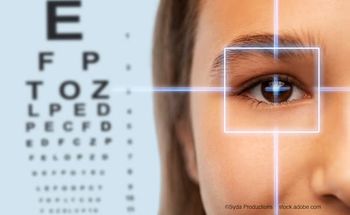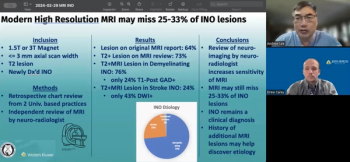
Strategies for coping with physician depression during COVID-19
Medical practitioners face emotional burden, other hurdles from pandemic
Physicians, just like the patients we serve, are facing an unprecedented emotional burden from the COVID-19 pandemic.
First-line responders are at especially high risk of experiencing psychological hardship from the burden of disease, death and anxiety, whereas physicians not on the front lines are feeling the strain of worried patients, financial hardship and uncertainty about the future.
Increased emotional stress during this time may also increase the risk of physician depression. An estimated 300 to 400 physicians take their own lives each year.
Related:
Emotional contagion
Emotions, just like viruses, are contagious. Psychologist and author Steven Cohen, Psy.D., notes that doctors, just like all others, are at risk of internalizing the negative feelings of the people around them.
Physicians who work in a daily atmosphere of severe emotional distress and fear must take special precautions to avoid being overwhelmed by negative emotions.
According to Cohen, the first step to managing emotional distress is to simply acknowledge and examine our emotional reactions.
Physicians often experience guilt, anxiety or shame when we experience powerful emotions like sadness or anger. This discomfort prompts us to try to repress these feelings.
Cohen says that it’s essential to acknowledge and reflect on these feelings. The simple act of labeling our emotions can be a powerful tool in coping with these feelings.
Related:
This is especially important when we experience the emotional impact of patient death. Physicians who lose patients report feelings of self-doubt, failure, guilt and powerlessness. Physicians also report sadness after a patient’s death, including experiencing insomnia and crying.
Traditionally, grief in medical training has been considered weak or unprofessional, and doctors have been encouraged to keep their feelings inside.
Rather than openly expressing grief, physicians instead use compartmentalization, isolation and distraction to avoid our negative emotions.
The problem with these techniques is that they are emotional barriers that prevent us from addressing our feelings. Instead, we must practice healthy coping mechanisms such as acknowledging our feelings and accepting support from others.
Related:
Share your feelings
Physicians are often reluctant to share our negative emotions with others. Sometimes we choose not to share the negatives in our life because we don’t want to burden our friends or partners.
This noble intention can cause a relationship rift because it does not allow others in our life to offer support.
Ultimately, that leads to our own isolation. It is critically important to open up about our feelings with those closest to us—a family member or trusted friend or colleague.
In some cases, we may need to reach out to a professional to help us cope with powerful emotions. Asking for help is not a sign of weakness. It takes more courage to ask for help than it does to suffer in silence. And getting help makes us stronger so we can help others.
We must remember that we are not alone. Physicians are incredibly resilient—you do not get through medical school, internship and residency without incredible fortitude. We will get through this as well. We just need a little help from our friends, family, each other and, perhaps, a good psychologist.
Related:
---
Rebekah Bernard, MD, is a family physician in Fort Myers, Florida, and the author of “Physician Wellness: The Rock Star Doctor’s Guide.”
Newsletter
Don’t miss out—get Ophthalmology Times updates on the latest clinical advancements and expert interviews, straight to your inbox.





























